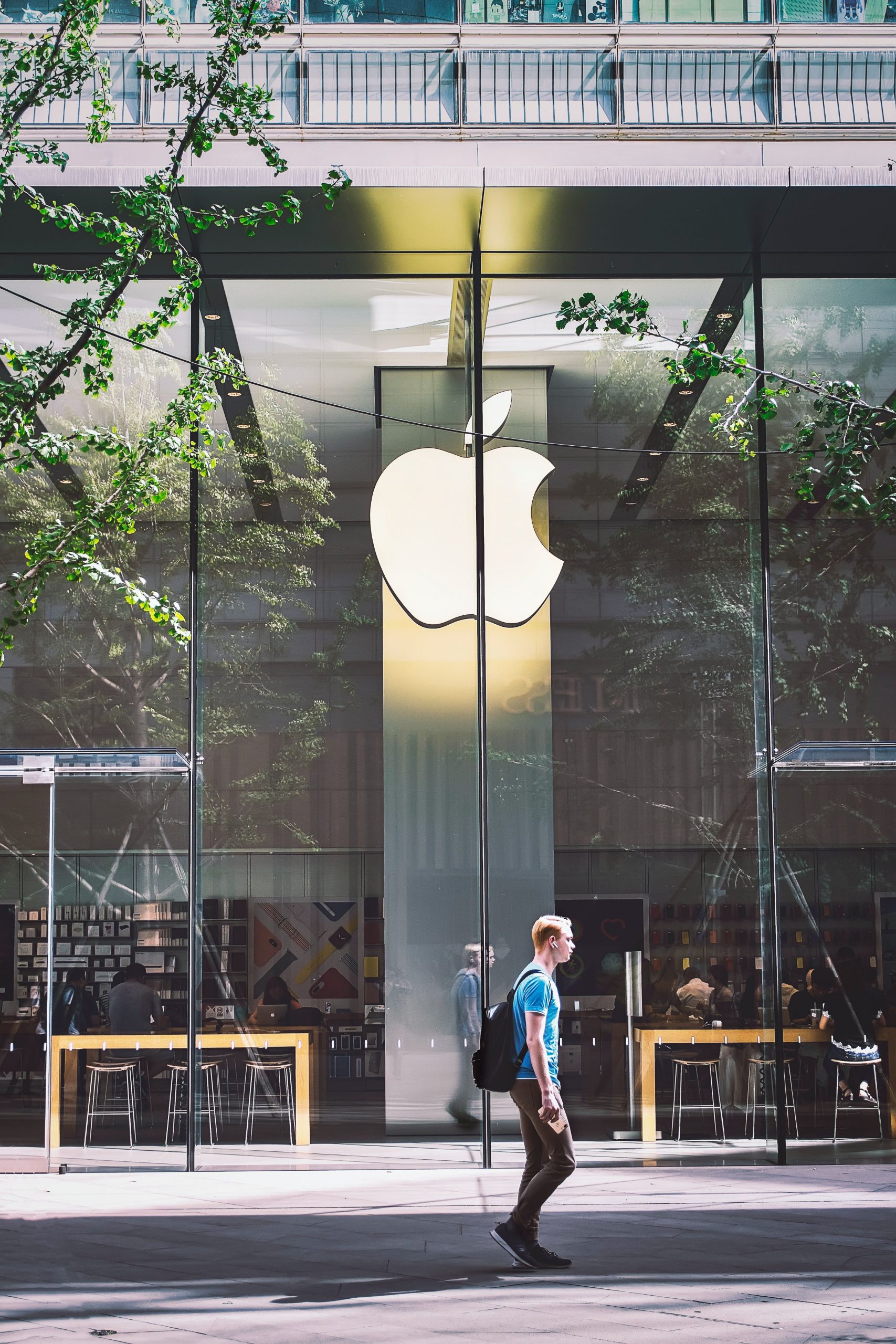Apple has announced significant stock
bonuses to some of its engineers to retain them in the company and prevent them
from being poached by teach giants likes Meta, the parent company of Facebook,
a Bloomberg report stated.
Also Read: Adding apples and chocolates to your diet can fix leaky gut issue : Study
Last week, some engineers in silicon
design, hardware and some software company were apprised about the off-cycle bonuses
that were issued as restricted stock units. The shares vest for over four
years, offering a lucrative incentive to employees to stay put.
Also Read: Apple seeks dismissal of India antitrust case on ground of lesser market share: Report
The bonuses ranged from $50,000 (around Rs
37.5 lakhs) to $180,000 (over Rs 1.3 crores). Many engineers were also offered
roughly $80,000 (around Rs 59 lakhs), Rs 100,000 (around Rs 74 lakhs) or
$120,000 (around Rs 90 lakhs) in shares, revealed company insiders on condition
of anonymity. The bonus programme wasn’t made public and the perk was presented
by managers in the form of a reward for high performers.
Also Read: Russian court fines Google $100 million and Facebook-parent Meta $27 million
Apple and Meta’s talent war is not new.
Meta has hired over 100 Apple engineers in the last few months, and even Apple
has managed to lure away prominent Meta employees.
This new tussle came at a time when both
the companies are working on newer, more advanced ways of experiencing AR and
VR, with their own headsets that are expected to come out soon.
Also Read: Meta hits rock bottom, ranked worst company in the world
However, according to reports, this bonus
programme has not gone down well among some Apple employees who find the
selection process rather arbitrary. In fact, the value of some of the bonuses
was similar to the annual stock grant given to some engineering managers, which
is only expected to rise in value if Apple’s stock prices soar.
Also Read: Woman claims she was groped in Meta’s VR world
Apple’s shares have been up by 36 per cent
this year, pushing the company towards crossing the $3 trillion market cap, the
first company to ever do so!







